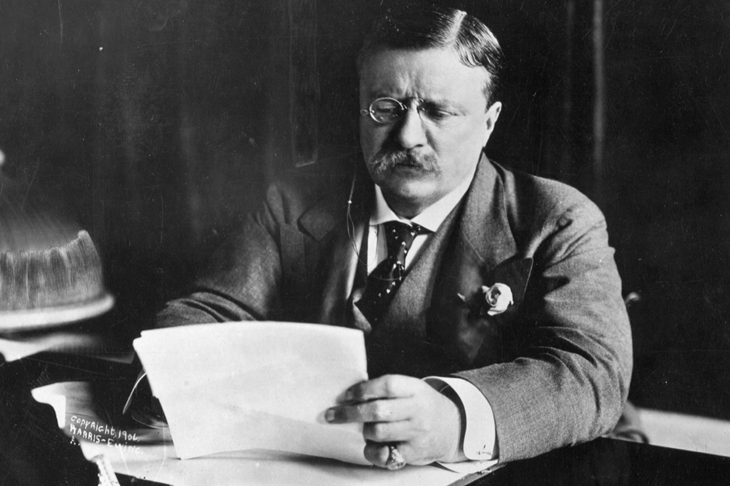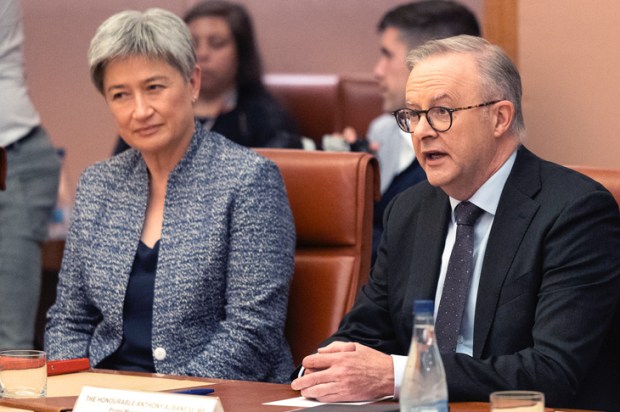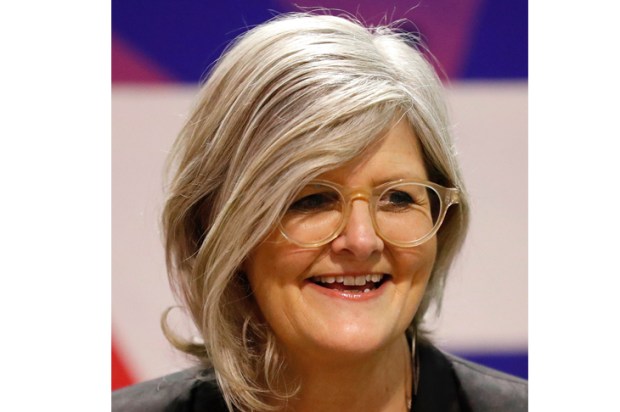Was keeping Christopher Pyne in Parliament and Malcolm Turnbull in The Lodge really worth spending billions on a fleet of French Barracuda submarines, minus their nuclear-powered engines, we asked here days after the 2016 deal was announced.
But after that outrageous financial commitment, neither was to stay for long. Turnbull resigned to bring on a punitive by-election when an exasperated party sacked him as PM in 2018, with Pyne moving onto platinum-plated politicians’ superannuation, supplemented by those extraordinarily well-paid consultancies which politicians seem to attract, after he naively swallowed the media groupthink that Labor was a shoo-in for the 2019 election.
Apart from the cost, the fleet was not to be delivered in time even for the 2045 VJ Centenary Naval Review by the King, William V. Rather than being left for years with Labor’s worn-out Collins Class disasters, we asked why did they just not exercise elementary common sense and buy or lease a fleet of Virginia Class or Astute Class nuclear-powered submarines?
Let us hope that AUKUS, a wonderful initiative for which our first real defence minister for years, Peter Dutton, is no doubt responsible, signals the end of four decades of massive waste and a scandalous failure to ensure the nation’s defence.
Will AUKUS end the foolishness of not relying fully on a proven, off-the-shelf design? Local production will take longer than even under the Turnbull-Pyne model, so why not do what we argued here in 2016 and buy or lease them?
AUKUS is good for us and for our allies. It helps Joe Biden in trying to counter the conclusion that, after Afghanistan, the US under him is not a reliable ally. And it signals that after Brexit, Britain has retained the global vocation that Charles de Gaulle identified when he vetoed her first attempt to join the common market.
But was it really necessary to so categorically rule out nuclear arms? With Biden reviving the Obama policy of surreptitiously helping Iran obtain nuclear weapons and with non-proliferation a total failure, the ambitions of both Prime Ministers Curtin and Gorton for a nuclear-armed Australia have been shown to be absolutely correct.
With so much of the world’s uranium in Australia, what was worse was to rule out a civil nuclear capability. While both sides claim to be devout believers in the unproven theory of man-made global warming and ready to commit Australia to net zero CO2 emissions, they know that the only way to do this, without committing national economic suicide, is to establish a nuclear industry.
Nuclear submarine know-how apart, AUKUS binds the core of the Anglosphere. For Australia, not only are there the continuing links with our mother country, notwithstanding an infantile anti-English rump, obsessed by a series of wrongs, real and imagined, in the distant past. This they often cloak in a fake republicanism without conceding the obvious, that the only credible alternative constitutional model to ours is the American one. But unlike the Westminster model which has been successfully exported, the American model invariably failed, even in France. Few realise that the American model was actually considered and overwhelmingly dismissed in our Federation deliberations.
There is in Australia a long-held admiration for the United States as a model for economic progress. In addition, she is a major and long-dominating cultural influence. Sadly, the US as a model for development was destroyed by the Hawke government killing off the harvesting of water as a core national project, just as they did the nuclear industry. In both cases the Coalition followed like sheep. Without a serious water policy Australia will never achieve its true potential.
To return to the constitutional model, we took much from America, while ignoring the fact that allowing the Supreme Court a blank cheque in constitutional interpretation had proved a disaster, as well as the wisdom in spelling out the assumptions that the people have rights other than those expressed and that powers not expressly granted to the Commonwealth belong to the states or the people.
The result is that of all countries, Australia is the one which can most claim joint Anglo-American parentage. From the momentous visit of Teddy Roosevelt’s Great White Fleet in 1908, arranged by Prime Minister Alfred Deakin without British approval, General Sir John Monash commanding both Australian and American troops in the decisive Battle of Hamel, through to our being involved with the Americans in every major military engagement since, the relationship with the United States is indeed special.
So much so that in the second world war, several cinemas played not only God Save The King and Advance Australia Fair, but also The Star-Spangled Banner, a harbinger for AUKUS, recognition of the close bonds between three free peoples. This will have consequences, especially with the emerging Beijing-Moscow-Tehran Axis and with the erratic delinquent North Korea in Beijing’s sphere of influence.
After Beijing’s illegal annexation of much of the South China Sea, Taiwan is now in the forefront of her territorial ambitions. If the US draws a line over Taiwan, as Britain did over Poland in 1939, the involvement of Australia and the UK is now unavoidable.
If Beijing is rational, AUKUS will be a restraint against any further adventurism. Nevertheless, Beijing will no doubt accelerate its unlawful economic punishment of Australia for insubordination and possibly direct a similar campaign against the UK. Those who insisted that we did not need to choose between Beijing and Washington must now admit that this is no longer true, if in fact it ever were. This is notwithstanding the substantial Beijing lobbies, which unlike the Soviet fellow-travellers of old, are driven by fast-disappearing economic gains.
With one dominant fear, that dictatorships fall from failed military adventurism, internal uprisings or institutional collapse, Beijing will rightly note that with AUKUS there has been some toughening of resistance in Washington, London and Canberra. All three governments must now return to fundamental priorities and forget games about climate change and similar make-believe.
This is the real world we live in.
Got something to add? Join the discussion and comment below.
Get 10 issues for just $10
Subscribe to The Spectator Australia today for the next 10 magazine issues, plus full online access, for just $10.
You might disagree with half of it, but you’ll enjoy reading all of it. Try your first month for free, then just $2 a week for the remainder of your first year.












Comments
Don't miss out
Join the conversation with other Spectator Australia readers. Subscribe to leave a comment.
SUBSCRIBEAlready a subscriber? Log in